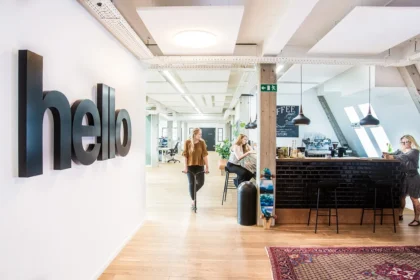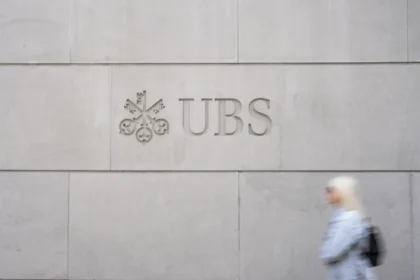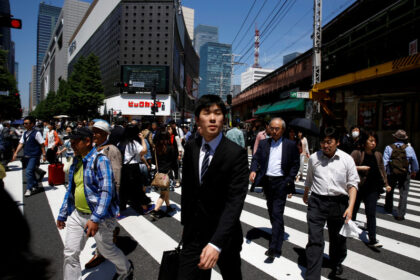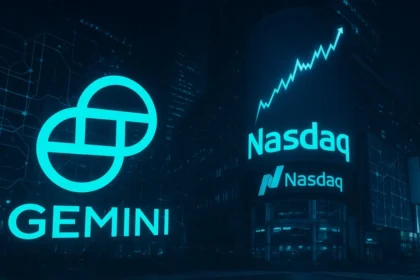At YourDailyAnalysis, we note – a new global battle for control over intellectual assets is unfolding at the intersection of technology and finance. Hollywood and Bollywood are joining forces to pressure the Indian government to tighten regulations on the use of copyrighted material in the era of artificial intelligence – and the stakes are far more financial than creative.
According to documents reviewed by our editorial team, the Motion Picture Association (MPA) – representing Warner Bros, Paramount, and Netflix – together with the Producers Guild of India, have urged India’s copyright review panel to prohibit AI models from using films, videos, and images for training without proper licensing. MPA India’s Managing Director Uday Singh warned that such exemptions could “undermine incentives for creating new works and erode the overall investment appeal of the entertainment industry.”
At YourDailyAnalysis, we see a deeper financial threat behind this debate. If generative AI systems are allowed unrestricted use of creative content, the global intellectual property market could face multi-billion-dollar losses. Deloitte and MPA estimate that India’s film, TV, and digital content industry generated $13.1 billion in revenue in 2023, growing at an 18% annual rate. The potential devaluation of licenses and IP rights could severely compress margins for studios and streaming platforms such as Netflix and Amazon Prime Video.
Unlike Japan, which allows broad exemptions for AI training, or the European Union, which enforces an opt-out mechanism for content owners, India still lacks a clear legal framework for AI-related copyright use. To address this gap, the government has formed a commission of lawyers, regulators, and industry leaders expected to deliver recommendations within weeks.
The Producers Guild of India, led by Nitin Tej Ahuja, insists that a licensing regime is “the financial foundation of creative industry sustainability.” Without it, the Guild argues, AI companies could monetize intellectual property they never invested in, extracting value from the creative economy without contributing to it.
In contrast, the Business Software Alliance (BSA) – whose members include tech giants like OpenAI – advocates for looser rules. The group argues that overregulation would stifle AI innovation and deter investors from one of the most dynamic sectors of the global economy. Their stance reflects the growing divide between content creators and technology investors who view generative AI as the next frontier of growth.
At Your Daily Analysis, we believe India’s decision will carry global implications. What’s at stake is the definition of a new class of financial assets – data, images, and video – the digital equivalent of oil in the 21st century. Countries that establish balanced regulation between innovation and intellectual property protection will secure a long-term economic advantage.
Our conclusion: the struggle between Hollywood, Bollywood, and AI developers is not just a cultural or legal issue – it’s a battle for control over multi-billion-dollar capital flows in digital media. If India opts for stronger copyright protection, it could position itself as a financial hub where creativity and capital coexist under the rule of law. If it chooses liberalization instead, it risks not only cultural dilution but also the loss of vital investment inflows into one of the fastest-growing industries in the world economy.














